IAWC requests judgment, new judge
MOORESVILLE – Indiana American Water Company and U.S. Bank National Association filed several documents Jan. 15 related to the attempt by the Town of Mooresville to purchase the water system. Company officials are asking for a partial judgment on the pleadings of Mooresville’s filings in favor of IAWC and against the town. IAWC claims the town failed to comply with statutory prerequisites (the purchase process) under Ind. Code 32-34 and instead, using the process provided by Ind. Code 8-1.5-2-15(c), and that the town cannot proceed under IC 32-34 as it intended. The document states the town passed an ordinance first after a study with a consultant — and then filed a lawsuit with Morgan County Superior Court for condemnation of the property. That is the option under IC 8-5.5-2-15(c).
The Indiana Supreme Court offers both these options for a municipality wanting to purchase a utility from a private owner. The town council passed Ordinance 16-2012 on Christmas Eve at a public meeting after its offer of $6.5 million was turned down by IAWC. The council moved to proceed with the condemnation process.
The town is still being sued by IAWC for what it describes as communication and transparency problems before a public hearing, saying they were denied a copy of the ordinance beforehand and were not receiving enough information about the ordinance to prepare a response to a PowerPoint presentation made by Mooresville Town Councilman Tony Langley.
IAWC also filed a motion to vacate a show cause order and a show cause hearing, saying town officials cannot proceed under IC Code 32-34. The water company has also asked for a new judge in the case. In the filings under IC Code 32-24-1-4(b)(5), it is stated that the town was required to include in its compaint a specific description of each piece of property sought to be acquired — and whether the property includes the whole or only part of the entire parcel or tract. IAWC claims Mooresville town council members did not include specific description of any property.
According to J. Christopher Janak of Bose, McKinney & Evans LLP, town attorney for the water case, the town can still take the other option and go another path. He said IAWC is using delaying measures because Mooresville has proceeded in the correct way. “They are just making this more expensive because if they can’t hit us with statute, they will do it with big public relations moves. Our show cause is scheduled for Feb. 15 and it’s still on,” Janak said. “They will get a change of judge, there has been a court-issued order and one will be selected either from Morgan or Hendricks counties. But the law is on the town’s side. We will respond to these motions.”Janak said in 2007, a Supreme Court case allowed for municipalities to condemn the utility property it wanted to purchase themselves through their board of works. Or, they can follow the court process and do it in the circuit or superior court in the county where the property exists.
Now, Janak said, there is a Senate bill in the works that could change the law denying municipalities the right to condemnation. “In 1999, IAWC spent $7 or $8 million fighting a condemnation case in California. Mooresville is the first municipality to challenge the company, and they know if Mooresville wins the case, other cities and towns will attempt the same thing,” Janak said. He added that the court of public opinion can be a powerful tool for big companies.
On the other hand, if the process is prolonged indefinitely with stalling by IAWC, it could cause higher water rates when the town takes over. Right now, Janak believes the town could lower individual and industrial rates significantly.
By Amy Hillenburg | Reporter | Published January 26th, 2013 in The Reporter Times


Comments
No Comments